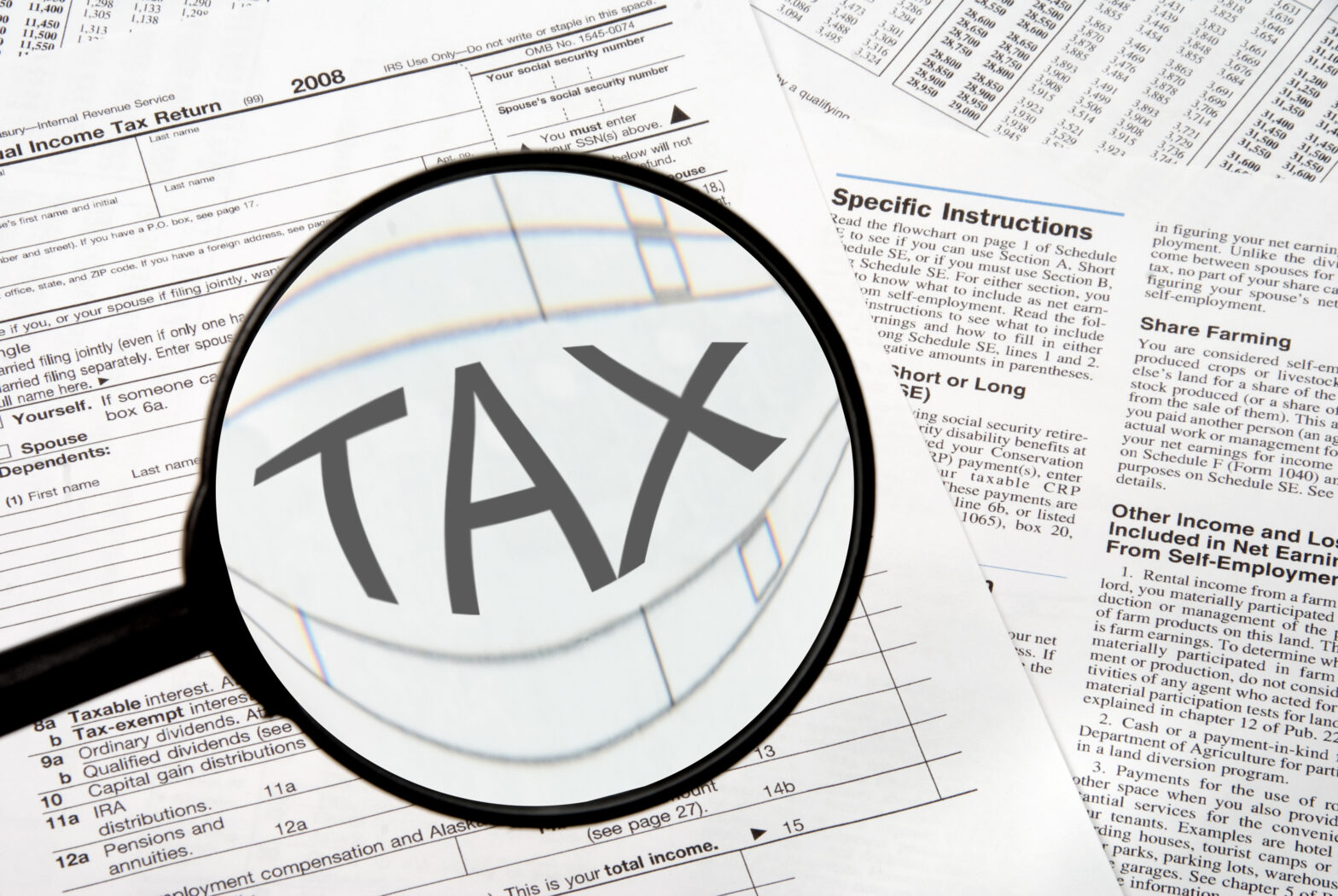You have already taken an important decision in forming a limited company. This has a number of implications particularly in terms of taxation of profits.
Basically there are a small number of ways you can take money out of a limited company – by dividends out of profits, a salary which is subject to Pay As You Earn (PAYE) and National Insurance Contributions (NIC) or repaying a directors loan account which is in credit. As you have formed a limited company Companies House will inform HM Revenue & Customs (HMRC) who will send you a form to complete regarding the companies Corporation Tax details. The company will be required to file a corporation tax return with HMRC and annual accounts must be prepared and delivered to Companies House. The accounts filed must comply with the statutory requirements. You need to be aware of the deadlines for completion and submission of the company’s returns to HMRC and Companies House.
Related: Tax-efficient ways to extract profits from your business
VAT is administered by HM Revenue & Customs. Unfortunately, party plan selling is one of the most litigated areas of VAT law. A number of UK disputes on this type of operation have been referred to the European Court of Justice. Typically party plan or direct selling involves the sale of goods directly to the public by individuals who are not registered for VAT purposes. Cosmetics, jewellery and household appliances are common products sold in this way. It is necessary to determine whether you as the person selling the goods are a principal or an agent. If you are acting as an agent the distributor will account for VAT on the full sale value. That makes life simple for the unregistered agent. Unfortunately there are complications for principals and distributors such as the treatment of incentive goods.
If your annual turnover exceeds £61,000 in the previous 12 months you are required to register for VAT. This means that once registered you will be given a unique VAT number relevant to only your business. You will be required to charge VAT usually at the standard rate of 17.5% on your sales invoices, so that for example if your invoice value is £1000 you will add £175 and the customer is required to pay you £1,175. Every quarter you will complete a VAT return showing how much you have collected in VAT (all the £175s in the above example, called Output Tax) and how much VAT you have paid to your suppliers (called Input Tax) and you will be required to pay over the difference, assuming that that the Output Tax exceeds the Input Tax.. As you have formed a limited company (e.g. Exotic Products Limited) the VAT registration will be in that name.
Two Public Notices which offer relevant advice are:
Notice 700 – VAT General Guide
Notice 700/1 – Should I be registered for VAT Notice 700/15 – The ins and outs of VAT
These can be located here.
The standard of record keeping required of a limited company is higher than that expected of a sole trader at least to maintain sufficient records to run the business and to form the basis of annual accounts for the Registrar of Companies and H M Revenue and Customs. The latter might visit your premises and inspect your records so the financial records have to be to a satisfactory standard, particularly if your turnover exceeds £61,000 and you are required to register for VAT. I strongly suggest that you contact a chartered accountant and discuss your business, the nature of the transactions you will undertake and decide on the best form of record keeping.
The ICAEW cannot accept any responsibility for the answers to the smallbusiness.co.uk website. By their nature the questions do not give sufficiently precise and full information to give a personal response. The response is general guidance including where the enquirer might find further and fuller information of relevance to the current enquiry.





